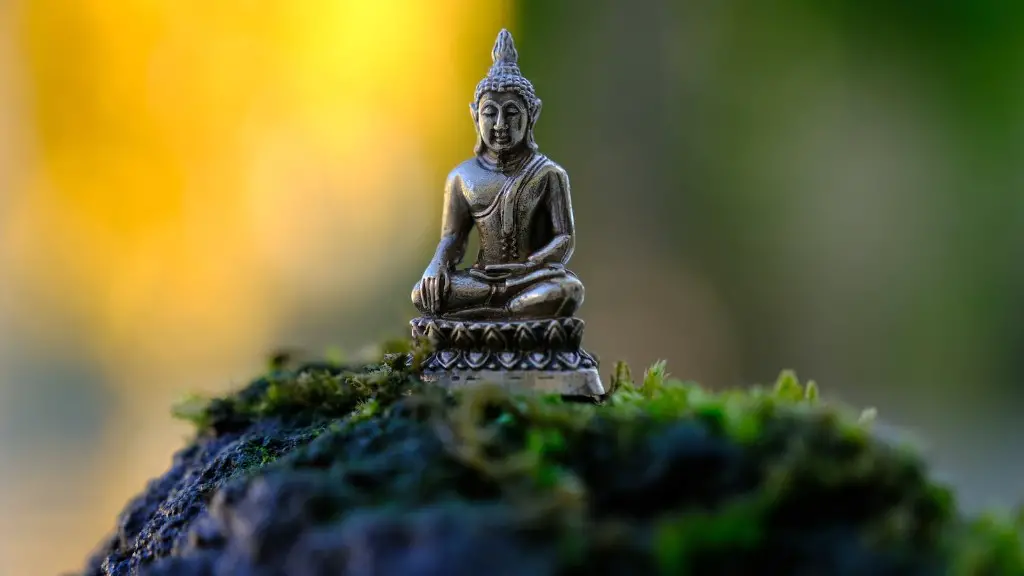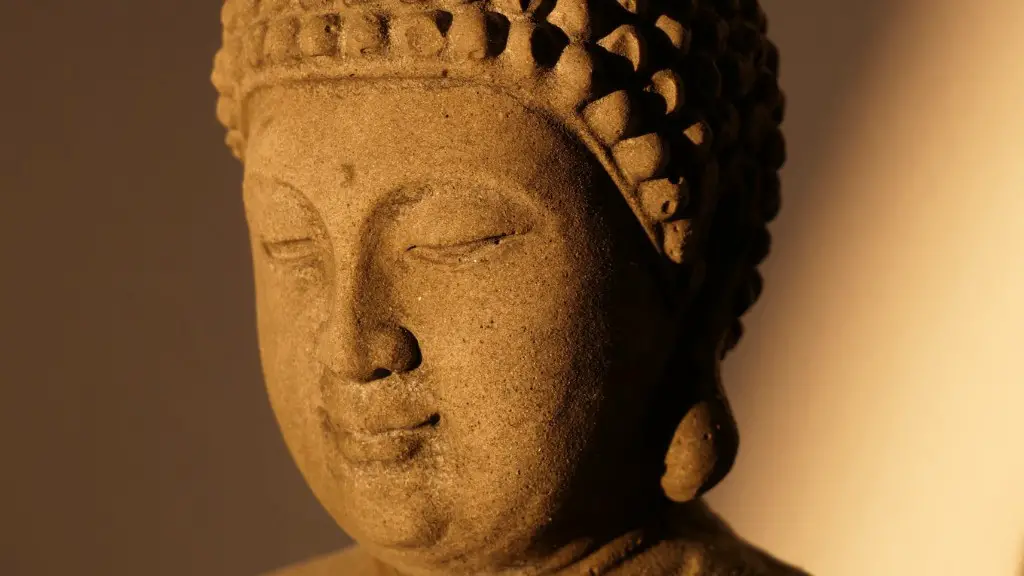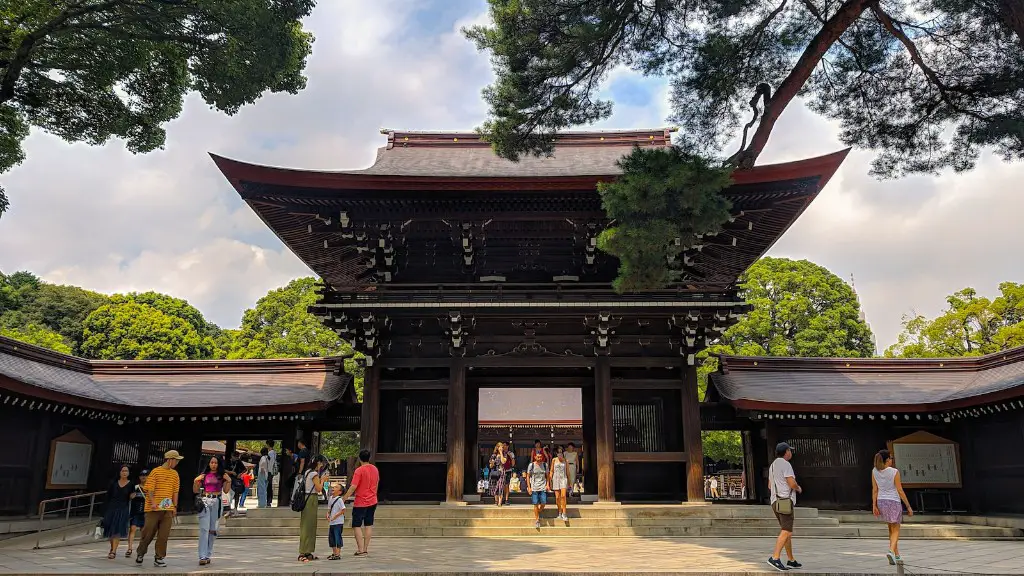Hinduism is a major religion across many parts of Asia, with an estimated 1.25 billion followers. It has an array of festivals and holidays that form an integral part of the Hindu calendar. These various Hindu holidays represent various aspects of the Hindu faith, such as worshipping the gods and goddesses, celebrating the victory of good over evil and commemorating mythological stories.
One of the major festivals of Hinduism is Diwali. This is a festival of lights and is celebrated as a symbol of hope and joy, light and knowledge. Diwali is celebrated by people all over the world, regardless of their religion. People light up their houses with diyas, draw intricate rangoli designs, exchange gifts, and enjoy fireworks. Diwali is celebrated to honor Lord Rama and Sita who were exiled for 14 years and then returned to Ayodhya.
Another significant Hindu holiday is Holi, which marks the arrival of spring. This festival is a time to celebrate the passing of winter and the beginning of the hot summer months. People usually gather around_ a bonfire and worship Lord Shiva, the God of destruction. While doing so, they throw colored powdered on each other and celebrate with colors, sweets, and sprinklers. This signifies the victory of good over evil and the coming of spring.
The third major Hindu holiday is Raksha Bandhan, also known as Rakhi. This festival is celebrated to commemorate the bond shared between brothers and sisters. On this day, sisters tie a thread around their brothers’ wrist as an expression of their love and care. In return, brothers give gifts and money to their sisters to celebrate the day.
Hinduism also celebrates Janmashtami, the birthday of Lord Krishna. People fast for the whole day and perform aarti and bhajans in the evenings. Kids dress up as little Krishna, play Holi with colors, and do many other unique activities to celebrate the day.
Apart from these, Hindus also celebrate Mahashivratri, Maha Navratri, Mahavir Jayanti, and numerous other festivals and holidays. These holidays provide an opportunity for people to come together and share their beliefs in Hinduism. It is also a wonderful occasion to strengthen the bonds between family and friends.
Spirituality
Hinduism is a religion that has its foundation in spiritual beliefs. It is often said that prayers bring us the closest to the divine. Prayers, meditation, and rituals play an important role in Hinduism, as they are seen as a way to connect with the divine. On special days, Hindus observe austerities to receive blessings from the gods. Thus, during festivals and holidays, people engage in spiritual practices such as chanting mantras, reciting prayers, and offering puja.
These spiritual practices offer an opportunity for self-reflection, which helps one cultivate a better understanding of oneself and the world around them. It helps one become aware of their own emotions and attachments, and eventually move towards greater inner peace and contentment.
Spiritual practices also provide an opportunity for the seeking of knowledge and growth. Rituals and prayers bring us closer to understanding the divine and its workings. Similarly, rituals also bring us closer to understanding and relating to the world around us. They help foster an understanding of the underlying connections between people and the universe.
Cultural Celebrations
Hindu festivals and holidays are celebrated with great enthusiasm and zeal. People from all walks of life and backgrounds come together to celebrate these festivals with music, dance and art. Celebrations are often combined with religious rituals as well as rituals for fun. Decorations, art performances, and other forms of expression add to the joy of the festivities.
Various prayers, songs, and dance performances accompany these celebrations. People sing hymns and chant mantras, which signify the eternal power and importance of a higher force. Dancing and singing bring people together and bring a feeling of peace and oneness to the environment.
These cultural celebrations are also a great way to appreciate and learn about the history and traditions of Hinduism. They give people an opportunity to appreciate the beauty of their culture and its importance in their lives.
Public Recognition
Festivals are an important way for Hinduism to communicate its message to the world. During festival seasons, people decorate the streets and homes with lights, flowers, and artworks. These decorations signify the celebration of life and positive sentiments.
Hindu festivals are also often celebrated in the media and public spaces. People from different backgrounds come together to celebrate, learn about, and take part in these festivals. This has a great impact as it helps spread awareness about Hinduism and its culture to a much wider audience.
Socio-economic Impact
Hindu festivals and holidays play an integral role in the economic and social landscape of India. Many families rely on the income they make through these festivals. Vendors selling various food items, toys and various other goods benefit financially. Similarly, various services related to event management companies, catering, and art designing companies also benefit.
Apart from providing economic benefits, Hindu festivals also create employment opportunities for many people. The tourism industry sees a great increase in customer visits during the festival season, which provides employment to many people in hospitality and other related sectors.
Social Aspect
Hindu festivals and holidays bring people from different backgrounds and religions together. People from all parts of society come together to celebrate these religious festivities. This helps foster greater understanding and appreciation for each other’s cultures and traditions, thus strengthening the bonds of humanity.
People also use this as an opportunity to celebrate the victory of good over evil and to remember their morals and values. Festivals help people come together to celebrate, bond and create memories to be cherished for life.
Environmental Impact
Hindu holidays are celebrated with a variety of decorations and gifts, which unfortunately has a negative effect on the environment. Many decorations are made of plastic, which contribute to a high amount of non-biodegradable waste. Moreover, they may also include fireworks, which contribute to air pollution.
Hence, it is important to be mindful of the impact that one’s activities have on the environment. To mitigate this, people can opt for eco-friendly decorations and gifts, use natural materials, and avoid the use of fireworks.
Conclusion
Hinduism has numerous festivals and holidays that reflect its values and beliefs. Diwali, Holi, Janmashtami and Raksha Bandhan are some of the main festivals celebrated in India. These celebrations bring people from different beliefs and backgrounds together and provide an opportunity to strengthen relationships and create meaningful memories. They also play an important role in offering spiritual guidance, fostering understanding and appreciation of different cultures, and providing economic and social benefits to the country. Nevertheless, it is important to be mindful of the environmental impact and to make eco-friendly decisions.



